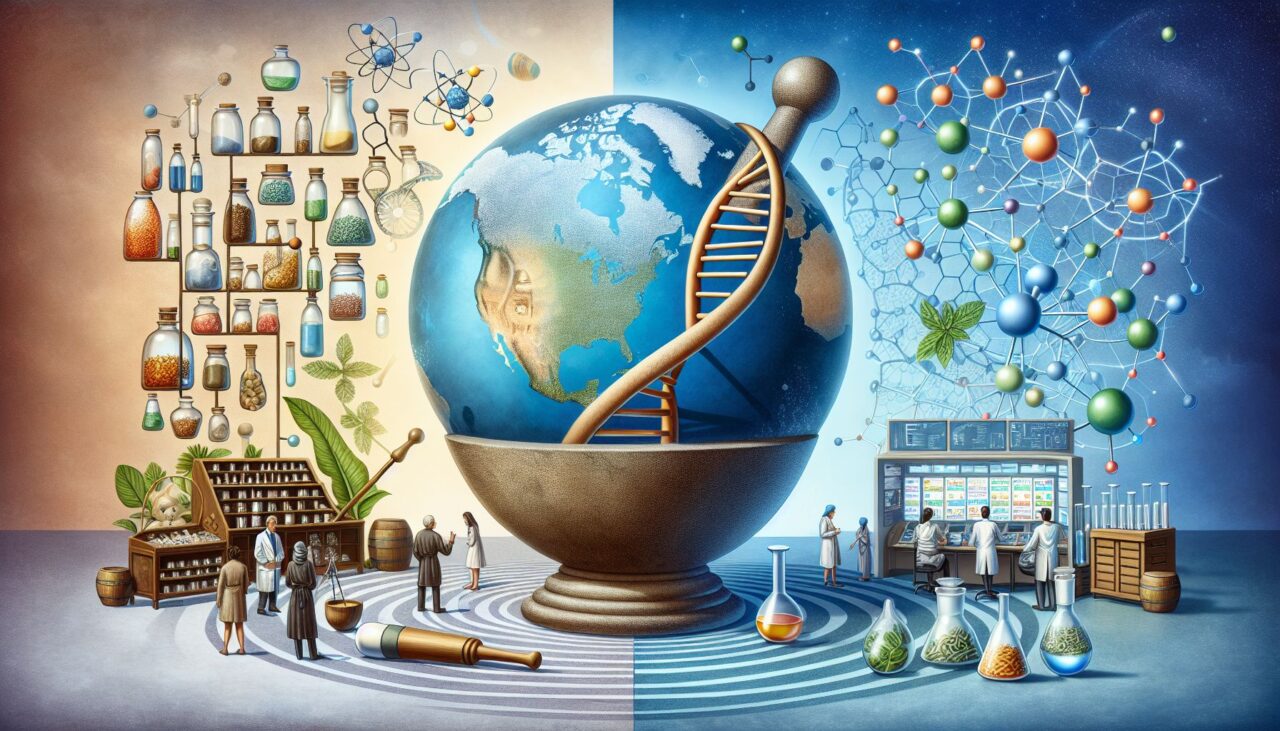The pharmaceutical industry plays a crucial role in the healthcare sector, constantly pushing the boundaries of scientific advancements to improve the quality of human life. From developing life-saving medications to discovering novel treatments, this fascinating field is constantly evolving. In this article, we will explore the key components of the pharmaceutical world and its ever-evolving nature.
Introduction to the Pharmaceutical World
The pharmaceutical industry encompasses a diverse range of activities, including research and development, manufacturing, regulation, and marketing of drugs. Its primary goal is to exploit scientific knowledge to create effective medications, vaccines, and therapies. Without the advancements made by this industry, many diseases and ailments that we commonly encounter would be untreatable.
The Role of Research and Development
Research and development (R&D) form the backbone of the pharmaceutical industry. It involves extensive scientific investigation, ranging from understanding the biological mechanisms behind diseases to identifying potential drug targets. Researchers tirelessly work in laboratories, conducting experiments and clinical trials to discover and develop new drugs or improve existing ones.
Scientists in this field continuously seek innovative therapies to address the unmet medical needs of patients. For instance, breakthroughs in gene therapy and precision medicine have opened up unprecedented possibilities in treating genetic disorders and cancer, tailoring treatments to individual patient characteristics.
The Manufacturing Process
Once a drug is developed, it goes through a rigorous manufacturing process. Pharmaceutical manufacturers must adhere to stringent quality control standards, ensuring consistent and reliable production. Each batch of medication undergoes extensive testing to ensure it meets regulatory requirements and therapeutic standards.
Moreover, pharmaceutical manufacturing is a highly regulated industry. Government bodies such as the FDA in the United States or the European Medicines Agency (EMA) in Europe closely monitor and inspect manufacturing facilities. These regulatory agencies play an essential role in upholding safety, efficacy, and quality in pharmaceutical products.
Safety and Regulation
The safety of patients is of paramount importance in the pharmaceutical industry. Before a new drug can enter the market, it must undergo rigorous clinical trials. These trials evaluate its safety and effectiveness, providing crucial data for regulatory agencies to make informed decisions. Pharmaceutical companies must adhere to strict ethical guidelines during these trials, ensuring the well-being of trial participants.
Furthermore, once a drug is approved and marketed, ongoing pharmacovigilance systems monitor its safety in the real-world population. This continuous evaluation allows for the detection and management of any adverse reactions or long-term effects that may arise.
Conclusion
The pharmaceutical industry is a dynamic and critical sector that continually works towards improving global health. Through rigorous research, development, manufacturing, and regulatory processes, life-saving drugs are brought to market. The countless hours of dedication from healthcare professionals, scientists, manufacturers, and regulators drive this industry forward, shaping the future of medicine. As scientific discoveries accelerate and technology evolves, the potential for further advancements in the pharmaceutical world is limitless.
